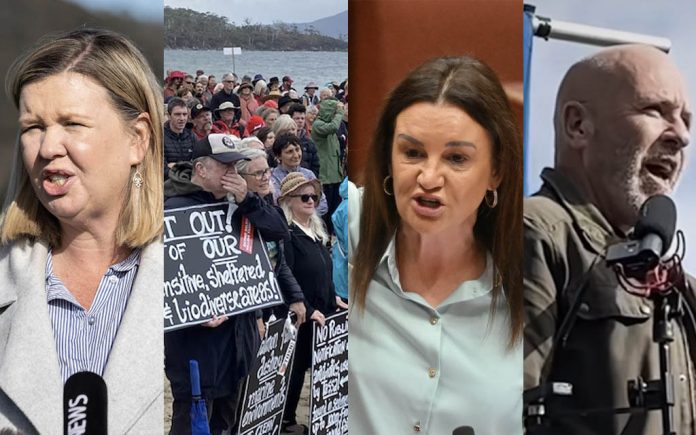
CLANCY OVERELL | Editor | CONTACT
One week out from the Federal Election and it appears that there are several different votes happening right around the country.
In the Liberal Party’s once safest urban electorates, the rise of Independent candidates have put government integrity and climate change at the top of the agenda.
In the outer metropolitan marginal seats, most held by Labor, the election is solely about the cost of living pressures.
In South-East Queensland the election seems to be a referendum on whether or not Peter Dutton was a dog cunt for flying to Sydney for a fundraiser the night before Cyclone Alfred was set to make landfall on his North Brisbane electorate.
In North Queensland, the election is about whether Peter Dutton is one of them, or is he just another bastard from Brisbane (basically Sydney).
In South Australia, it seems people are more focused on the renewables transition, and whether the major parties are lying about the amount of jobs they are going to create, or not create.
In the Northern Territory, voters are probably talking about crime, but nobody really cares because they’ve got less seats to contest than Wollongong.
In Western Australia, nothing will change.
However, in Tasmania, the election comes down to one issue and one issue only: Salmon farming.
High profile Tasmanians from former Greens leader Bob Brown to Booker Prize-winning author Richard Flanagan have campaigned heavily to hold aquacultural giants accountable for the acute ecological damage that this industry causes.
Voters appear split over whether they want these jobs, or they want to rid their island nation of the stench of rotting fish carcasses.
Both major parties have been accused of turning this urgent issue into an political one, with leaders appearing to duck the drama in a hope to get through the election without addressing the concerns of locals.
There are five federal seats in Tasmania, of which most are marginal, and it estimated that the Salmon industry accounts for 1734 full-time jobs, and 199 casual jobs. Roughly 0.5% of the population.
But in a state plagued with poverty and unemployment, these jobs mean a lot. The contrast is that Tasmania is also considered the heartland of Australian environmentalism.
Nobody knows which way the state will vote, but one thing that is clear is that they will be voting on salmon and salmon only.










